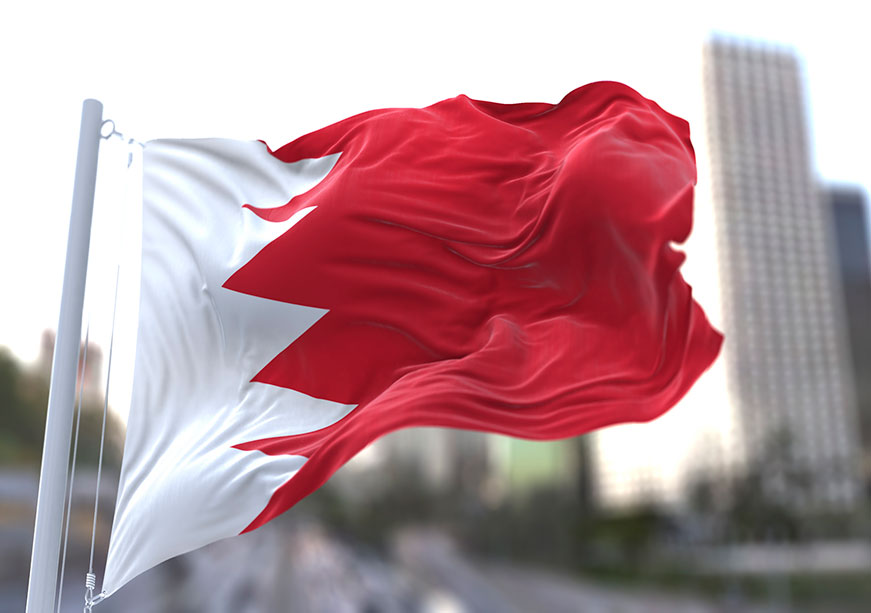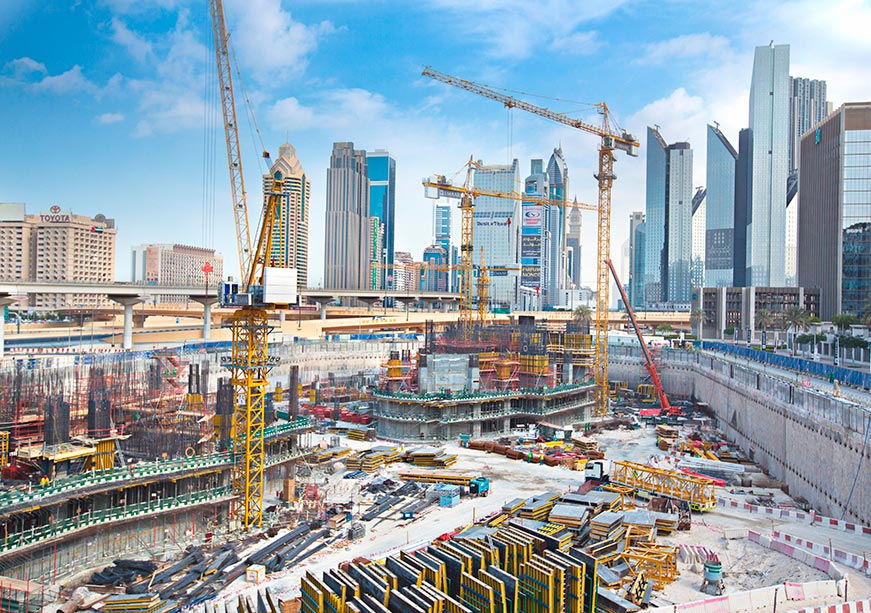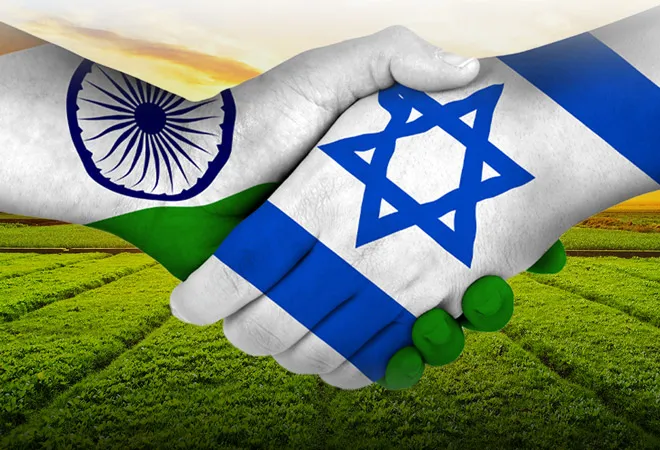The King of Bahrain pardoned a total of 3,482 prisoners in 2024, in four batches celebrating important Islamic and national occasions throughout 2024. This was a marked increase in the pattern of pardoning in Bahrain, as this piece will seek to demonstrate, which many rightly analysed as being in line with Bahrain’s unique political trajectory.
Nonetheless, it is also fair to note that the tradition of pardoning prisoners on national and/or religious occasions has become somewhat of a political norm around the Gulf. In 2024, for example, Saudi Arabia announced such pardons during the holy month of Ramadan, as did the United Arab Emirates (UAE) and Qatar. Religious occasions, such as the Prophet’s birthday, marked another pardon in 2024 for Oman. Meanwhile, national day celebrations, including in Oman, UAE, Qatar and Kuwait, all marked a time for pardons in the same year.
Such pardons are usually initiated and announced by the institution of the head of state or monarchy, marking an important moment for both the prisoners themselves and their families—but also quite interestingly, it is widely accepted by the citizens rather than resisted due to any concerns about societal safety and lack of rehabilitation. This may indicate a high level of trust in the rehabilitative institutions of the Gulf countries —a topic worthy of further research as it may speak to the nature of the social contract in the region.
Not just large pardons, but also reintegration
The largest and first batch of the Bahraini 2024 pardons was in Ramadan, which was in April, releasing 1,584 inmates ahead of the Islamic Eid al-Fitr celebrations. This pardon received extensive praise from civil society in Bahrain, notable for its contrast to the 281 prisoners pardoned the previous year on the same occasion. While it’s customary to pardon prisoners for Eid al-Fitr, the number ranged between 154 and 281 between the four years from 2020 to 2023.
Further notable this time was the government directive to ensure the integration of the pardoned inmates into the labor market. The same month the pardon was announced, the Ministries of Interior and Labor announced procedures to insure those pardoned on the official unemployment programme. The Ministry of Labour also outlined collaborative initiatives with partners, such as the Labour Fund and Tamkeen, to offer employment opportunities and training for those granted the royal pardon.
These weren’t pardons for prisoners with petty crimes either. The government noted that “many of those released were originally convicted of violent crimes or public disorder offences”. Moreover, about 65 percent of those released [in the pardoned batch of 1,584] were convicted on charges related to riots, a government spokesperson told Reuters. Nonetheless, unlike other Gulf states, where pardons may be viewed as primarily symbolic, Bahrain’s approach reflects deeper political priorities. By pairing pardons with reintegration programs, Bahrain may be embarking on a pragmatic effort to address the root causes of these crimes.
Bahrain’s jubilee for all: Reaping social and economic benefits
The second Bahraini royal pardon in 2024 saw the release of 545 prisoners on another Islamic occasion, Eid al-Adha in June. For most, this seemed like it would be the last pardon of the year, with a possibility of a third marking the National Day in December. However, before the National Day celebrations, which did indeed mark the pardon of 896 prisoners in December, another pardon was announced in September, releasing 457 prisoners to mark the Kingdom’s celebration of the King’s Silver Jubilee (25 years of his rule as monarch). The sheer volume and frequency of pardons in 2024 has taken many by surprise, however, it underscores the importance of the Silver Jubilee for the Kingdom and the message of reconciliation and respect for human rights that its leader has set for generations to come.
Nonetheless, while these pardons are crucial to celebrate for their humanitarian core, they are also important to celebrate for the burden it has now alleviated from the state. Bahrain now has nearly 3,500 fewer prisoners to take care of, which may contribute to its fiscal plans to set the economy on a path for recovery following many crises, including the latest COVID-19 crisis. The releases [described as ‘changes’ by the Guardian] also “represent a chance for Bahrain to improve its global image, increase foreign direct investment and encourage tourism”.
For Bahrain, these pardons are not just a gesture of goodwill but part of a broader strategy to ease fiscal burdens and signal political stability: factors particularly crucial in a country that has faced distinct political and economic challenges compared to its Gulf neighbours. Here, it is important to note that political risk is a major deciding factor for foreign investors. While Bahrain has done extensive work in boosting the Kingdom’s image to foreign investors, sceptical investors will always likely keep an eye on the political environment. By releasing this many prisoners, Bahrain is sending an important message to investors that it has trust in its rehabilitative practices, and the unrest that it once had is not one that it fears a repeat in, primarily because of the power of its rehabilitative institutions in reintroducing former inmates to a rapidly transforming economy and society.
“Youth do not belong in prison”: Bahrain’s belief in alternative sentencing
Perhaps one element of 2024’s releases that has been overshadowed by the pardons is alternative sentencing practices by Bahrain. Bahrain has released prisoners – conditionally – through a 2017 alternative sentences law, under which prisoners who had served at least half their sentence in jail are allowed to complete it outside via measures including community service, rehabilitation courses and electronic surveillance, per Reuters. “Since its introduction in 2017, the Alternative Sentencing Programme has benefited nearly 6,500 prisoners in Bahrain,” the government communications office statement quoted by Reuters said.
While the alternative sentencing policy may have strict restrictions on those included in it, Bahrain has also initiated an Open Prisons Programme, which obtained an international accreditation certificate from the American Correctional Association (ACA), becoming the first entity outside the US to receive such a certification, per the Foreign Minister of the Kingdom. In these facilities, eligible inmates with demonstrated good behavior and low-risk profiles are provided with a more flexible and relaxed environment. They also have increased freedom of movement within the facility and are offered various vocational and educational programs to develop their skills.
The Open Prisons Programme has had a success of 97.5% in rehabilitating prisoners, with over 7,600 families benefiting from it to date, according to Sheikh Khalid bin Rashid al-Khalifa, the Director-General of Verdict Enforcement and Alternative Sentencing at the Interior Ministry. Beneficiaries also gain partial and full scholarships from Bahrain’s top universities, including the Gulf University and the Applied Science University. Moreover, they are contributing to the nation’s innovation drive, with projects developed by beneficiaries such as wind turbines powered by car traffic, recycling machines for agricultural waste, and a fiberglass alternative to wood for building contractors. This, too, may aid in alleviating fiscal burdens in the Bahraini economy by contributing to its diversification drive through innovation.
Bahrain is proud of its alternative sentencing programs, with the King describing the initiative as one which showcases his belief that “youth do not belong in prison” and one which sets an example for the region by being the first country to implement such programs in the area. This comes as Bahrain has increased its engagement and cooperation with the Office of the United Nations High Commissioner for Human Rights (OHCHR); and seemingly because of these programs, the UK dropped Bahrain from a list of human rights priority countries. A spokesperson from the UK Foreign, Commonwealth and Development Office (FCDO) said “The decision to remove Bahrain from the Human Rights Priority Country list reflects their consistent progress in this area over a number of years, which has been directly supported by the UK”.
A lasting change with lessons for abroad
Finally, according to a civil society group, ‘Citizens for Bahrain’, the recent reforms began with the National Charter of 2001 and evolved in response to the challenges of the 2011 political unrest, laying the groundwork for lasting change. A crucial part of this change will be ensuring that the prisoners are indeed rehabilitated and that the crime drivers which led to them being imprisoned are tackled ahead of Bahrain’s new chapter following the end of the King’s Silver Jubilee.
Moving forward, Bahrain can start setting a standard for the region and training ministries of interior across the region to develop similar programs and initiatives that it has swiftly implemented. Already, Bahrain has organised tours for its highest delegates to other countries, the Kingdom’s ambassadors abroad, at its Open Prisons Complex. Such tours allow Bahraini ambassadors to convey a message of pioneerism in corrective practices to its partners across the world.
The region can indeed benefit from Bahrain’s standard, especially when noting its effect on the economy, as all the Gulf countries are focused on cutting costs. Similarly, charities can be put to use to raise the funds associated with the reintegration programs, and this would achieve the goal while also strengthening national identity through a nudge towards solidarity amongst co-nationals.
It is also important to end with a cautious prediction: the Kingdom’s Silver Jubilee celebrations have not ended, and though the upcoming Ramadan or Eid al-Fitr celebrations will likely include pardons as is the norm, a reasonable assessment is that its coinciding with the final few weeks of the silver jubilee could mean that Bahrain is on a course to pardoning another significant number of prisoners sometime around March 2025.
Mahdi Ghuloom is a Research Associate at the Observer Research Foundation (ORF) – Middle East.












